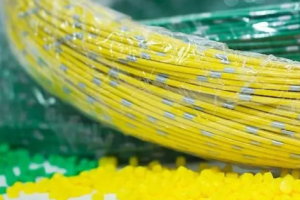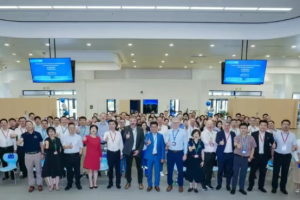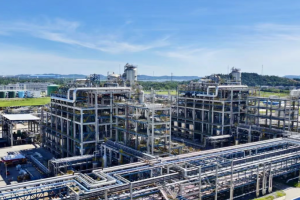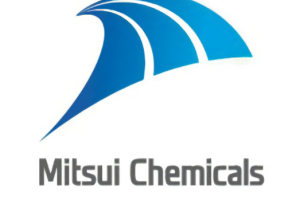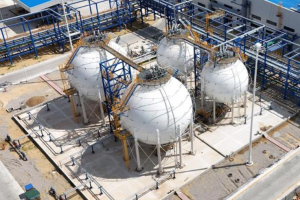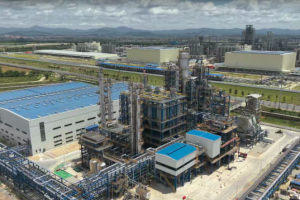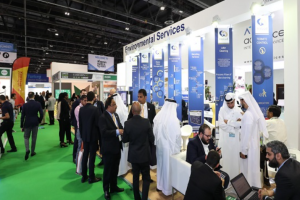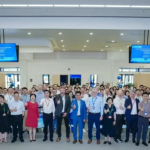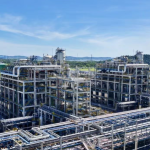July 15, 2025 –
Landmark Ruling Reshapes Patent Landscape for Solar Materials Industry
AsiaMB reports a groundbreaking decision by the European Patent Office (EPO) that has sent shockwaves through the specialty chemicals sector. In a final ruling, EPO invalidated Mitsui Chemicals’ patent for polyolefin elastomer (POE) encapsulant films used in solar panels, marking a decisive victory for Austria-based Borealis AG.
The seven-year legal battle centered on:
• Validity of Mitsui’s EP2626911B1 patent for ENGAGE® 8400 material
• Borealis’ claim that its Quenty™ POE constituted prior art
• EPO’s clarification that commercial availability trumps formula secrecy
“This ruling redefines the rules for material patents,” said Dr. Emma Schneider, AsiaMB’s intellectual property analyst. “The court established that market presence before patent filing constitutes prior art – regardless of whether reverse engineering is possible.”

Key implications for the chemical industry include:
• Stricter timelines for patent filings after product commercialization
• Need for revised R&D disclosure strategies
• Potential invalidation risks for existing formula-based patents
• Increased importance of documentation for prior art defense
The decision particularly impacts:
• Solar panel component manufacturers
• Specialty polymer developers
• Color masterbatch formulators serving renewable energy sectors
Borealis’ Quenty™ series maintains critical advantages for photovoltaic applications:
• Superior weather resistance
• Enhanced adhesion properties
• Reliable protection against environmental degradation
With 12,300 active patents and 121 new priority filings in 2024, Borealis demonstrates how robust IP management complements technological innovation. The verdict solidifies their position in Europe’s fast-growing solar materials market, projected to expand 18% annually through 2030.
“Asian chemical firms should study this case carefully,” advised Schneider. “As Europe tightens its green technology standards, understanding these patent dynamics becomes crucial for market entry.”
The ruling comes as global solar capacity installations are expected to surpass 3.5 TW by 2026, driving unprecedented demand for high-performance encapsulation materials. Industry players must now balance trade secret protection with timely patent filings to secure competitive advantages in this booming sector.

